All Stories
-
 Computing
ComputingScientists Say: Artificial intelligence
Artificial intelligence is technology smart enough to do tasks that would normally require human brainpower.
-
 Plants
PlantsWhy dandelions are so good at widely spreading their seeds
Individual seeds on a dandelion release most easily in response to winds from a specific direction. As the wind shifts, this scatters the seeds widely.
-
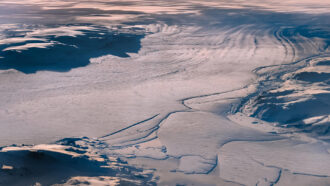 Climate
ClimateGreenland’s inland ice is melting far faster than anyone thought
Inland melting of the Northeast Greenland Ice Stream is accelerating — and may contribute far more to sea level rise than earlier estimates suggested.
By Nikk Ogasa -
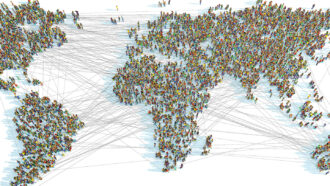 Tech
TechWill the internet soon reach the one-third of people without it?
Access to the internet is a human right, yet much of the world can’t get online. New tech has to be affordable and usable to end this digital divide.
-
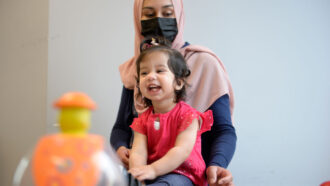 Health & Medicine
Health & MedicineToddler now thrives after prenatal treatment for a genetic disease
Ayla was treated before birth for the rare, life-threatening Pompe disease. Now a thriving 16-month-old toddler, her treatments will still need to continue.
-
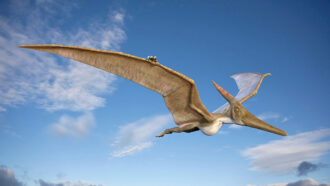 Fossils
FossilsLet’s learn about pterosaurs
These ancient flying reptiles were not dinosaurs, but they were close relatives.
-
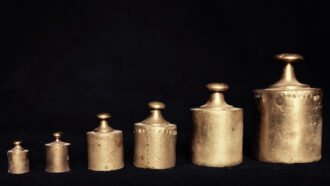 Math
MathMeet the newest additions to the metric system
The metric system just got its first update in 30 years. New prefixes will help scientists interpret the biggest — and smallest — numbers.
-
 Brain
BrainPlaying video games may improve your memory and attention
The biggest research study of its kind finds that video gamers perform better on some mental tasks than nongamers do.
-
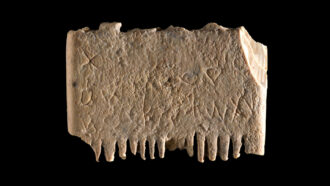 Humans
HumansThis ancient ivory comb reveals a wish to be free of lice
The comb bears the earliest known complete sentence written in a phonetic alphabet, researchers say.
By Freda Kreier -
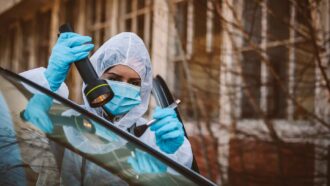 Chemistry
ChemistryForensic scientists are gaining an edge on crime
Advances in forensic science are helping to recover invisible fingerprints and identify missing people from bits of tissue or bone.
-
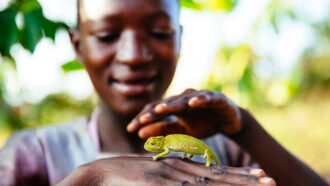 Animals
AnimalsStudy finds big drop in animal populations since 1970
But the same thing is not happening throughout the kingdom. For instance, more than half of vertebrate populations are stable or increasing.
-
 Health & Medicine
Health & MedicineAn asthma treatment may also help tame cat allergies
Adding a therapy used to treat asthma improved cat allergy symptoms for more than a year, a small study found.